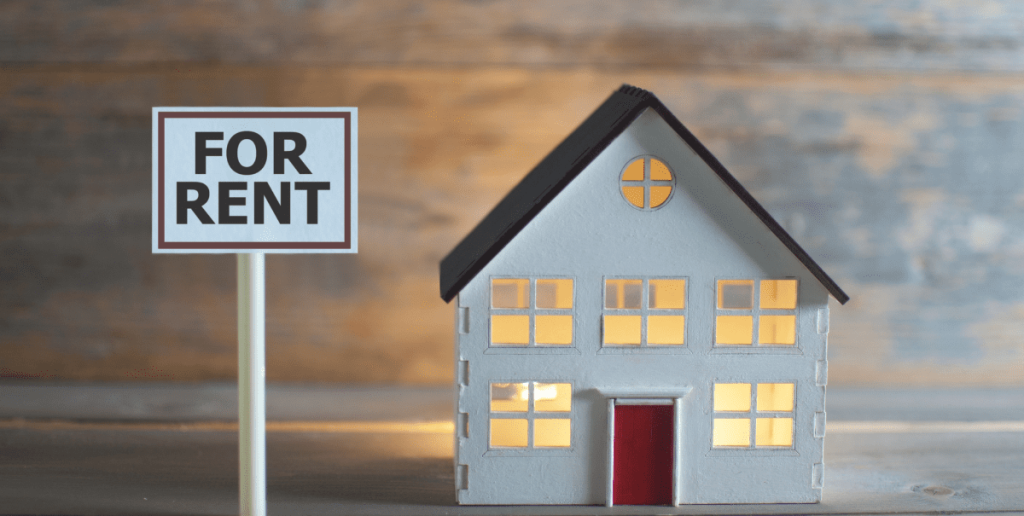The burgeoning metropolis of Lagos, Nigeria, is facing a severe housing affordability crisis, with a complex interplay of factors driving a wedge between residents and decent, affordable housing. A recent report, the State of Lagos Housing Market, Volume 3, paints a stark picture of the challenges faced by many families, with rent consuming a disproportionate 50-70% of their monthly income. This financial strain is pushing homeownership further out of reach for the average citizen, forcing many into substandard living conditions and long commutes, while simultaneously enriching land speculators and developers focused on the luxury market.
The root of the problem lies in the widening gap between stagnant wages and soaring housing costs. As rents continue their upward trajectory, an increasing number of residents find themselves priced out of both the rental and ownership markets. This financial burden far surpasses internationally accepted standards of affordability, placing immense pressure on household budgets and forcing difficult choices between basic necessities. The report highlights that even in the peripheral areas of the city, rents are escalating beyond the means of low- and middle-income earners, leaving them with little choice but to settle for inadequate housing in informal settlements or endure long, costly commutes from affordable areas lacking essential services.
Adding to this predicament is the dysfunctional state of the land market. Speculative practices have artificially inflated land prices, even in remote locations, creating a barrier for individuals seeking to build their own homes. This speculative bubble benefits investors seeking quick profits but ultimately hinders the development of much-needed affordable housing, pushing homeownership dreams further out of reach for ordinary citizens. The report emphasizes that this speculative activity distorts the market, prioritizing investment potential over the fundamental need for shelter.
Further compounding the affordability crisis are the challenges faced by developers, particularly small and medium-sized enterprises that traditionally cater to the middle class. Escalating inflation and material costs have made new construction projects financially unfeasible for many, leading to a shortage of new affordable housing units. This reduced supply further fuels the price surge in the existing market, creating a vicious cycle of unaffordability. The lack of incentives for developers to prioritize affordable housing contributes to the dominance of luxury developments, exacerbating the housing shortage for lower-income groups.
The regulatory landscape also plays a significant role in the affordability challenge. The absence of rent control mechanisms allows for arbitrary rent hikes, further exacerbating housing insecurity for vulnerable populations. This lack of regulation, coupled with the scarcity of formal affordable housing options, fuels the growth of informal settlements, characterized by precarious living conditions and a lack of essential services. The report underscores the urgent need for regulatory interventions to protect tenants from exploitative rent increases and to incentivize the development of genuinely affordable housing.
The long commutes forced upon many who seek affordable housing outside the city center adds another layer of complexity to the problem. These lengthy commutes not only consume valuable time and resources but also contribute to traffic congestion and environmental pollution. Moreover, the lack of basic services and infrastructure in many affordable housing areas compromises the quality of life for residents, creating a sense of marginalization and inequality. The report highlights the importance of integrating affordable housing within the city’s fabric, ensuring access to employment opportunities, essential services, and a decent standard of living.
The State of Lagos Housing Market report reveals a systemic issue requiring a multifaceted approach to address. The interplay of stagnant wages, speculative land markets, escalating construction costs, regulatory inadequacies, and the lack of incentives for affordable housing development has created a perfect storm of unaffordability. The report emphasizes the urgent need for comprehensive policy interventions to tackle these intertwined challenges and ensure access to decent and affordable housing for all residents of Lagos. This includes measures to regulate rent increases, curb land speculation, incentivize affordable housing development, and improve infrastructure in underserved areas. Ultimately, a sustainable solution requires a concerted effort from government, developers, and community stakeholders to address the systemic issues driving this crisis and create a more equitable housing market in Lagos.


